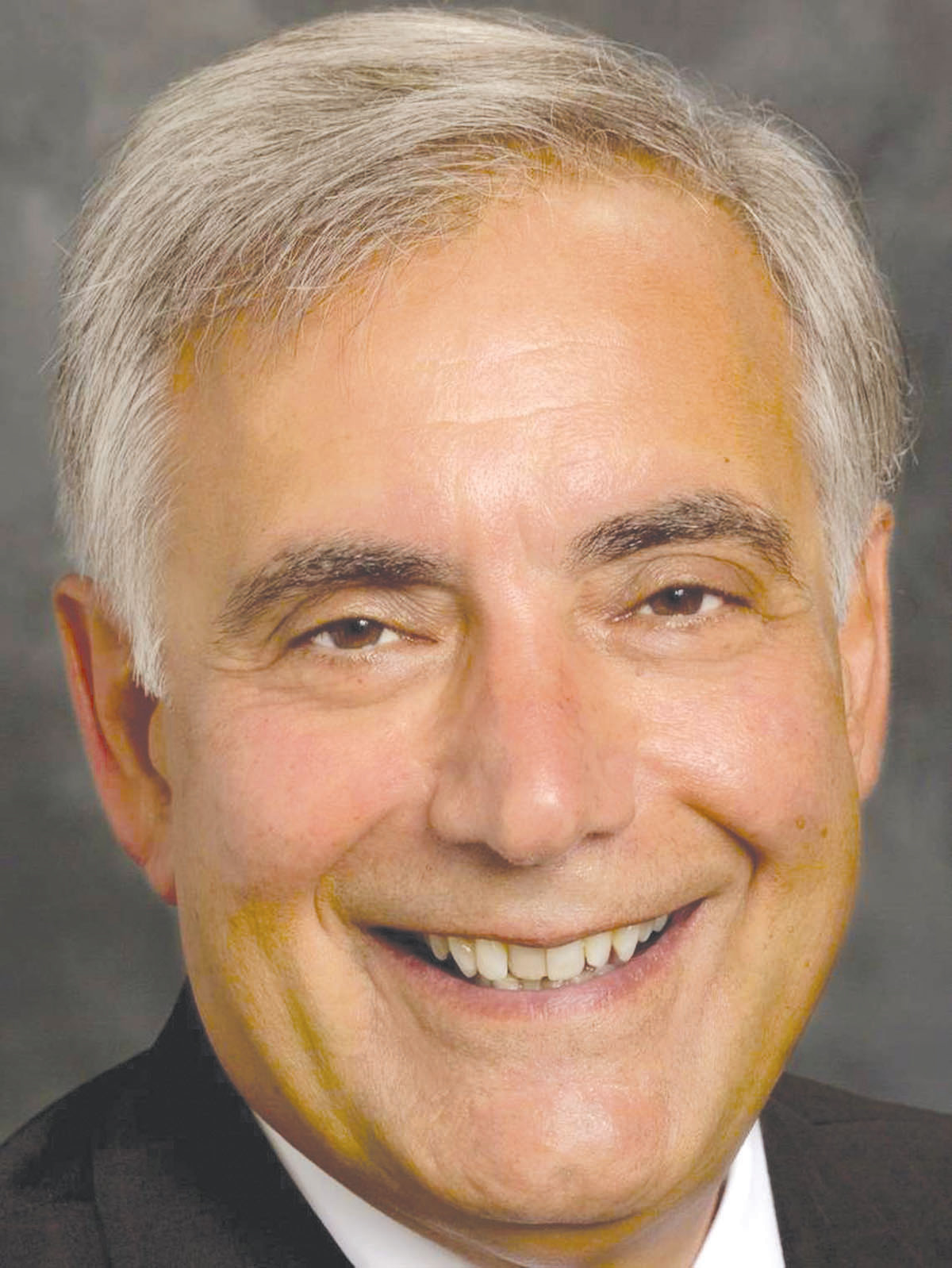USC is improving African-American enrollment and graduation rates

COLUMBIA - The University of South Carolina is providing tremendous opportunities for African-American and other minority students in South Carolina, resulting in surging enrollment and graduation rates.
African-American freshmen enrollment rose by 25 percent at USC Columbia last year, and we expect it to rise by another 15 percent this fall, producing an increase of more than 40 percent over two years. Equally important, our African-American graduation rate is 75 percent - more than twice the national average (35 percent) and up 17 percent over the past decade.
These positive outcomes mark significant progress here in South Carolina as America struggles to enroll and graduate African-American students. Fifty years after Dr. Martin Luther King's death, African-American students nationally remain only half as likely as white counterparts to have a college degree and are five times less likely to be enrolled as undergraduates.
I recently had the opportunity to meet with South Carolina's Legislative Black Caucus to highlight how USC is challenging conventional wisdom to establish benchmarks and beat national trends in how universities recruit, retain and graduate African-American students. We're achieving these outcomes through a holistic approach and a firm commitment to innovative programs, pathways and scholarships, such as the Gamecock Guarantee, Opportunity Scholars and Raise.me, which are aimed at first-generation and low-income students.
We're also championing greater faculty diversity, greater dialogue and trust among all stakeholders and intensive academic advising. Indeed, we've significantly revamped our academic advising platform over the past three years so that it not only proactively supports all students, but also reaches and retains students traditionally less likely to complete their degrees.
In addition, our nationally recognized, high-impact U-101 freshmen seminar course has demonstrated significant benefit for first-generation students by providing small and inclusive learning settings, as well as exposure to opportunities and services to help students bond, attach and gain affinity for a faculty member or peer educator, which are key elements in transitioning from high school to a more rigorous, independent college environment. Moreover, I'm guided by our Community Advisory Committee, which is empowered to monitor the progress we are making, point us to areas where we need to do better and recommend strategies for success.
Inherent in this work is a spirit to build, not divide. In February, we dedicated a nine-foot-tall statue of Richard T. Greener, the first African-American professor at USC, the first African-American graduate of Harvard and the first historical figure of any race to be honored with a statue on our flagship Columbia campus.
This unveiling follows an event in December, which established historical markers on USC's Horseshoe that accorded belated recognition to the craftsmanship and contributions of enslaved individuals who lived and labored on the campus. This collective work recognizes the importance in taking steps in acknowledging our history, honoring what we value and ensuring greater inclusion and comfort for those who may feel the most vulnerable.
Our holistic approach is driving positive outcomes, and we're widely recognized for this work. For example, The Education Trust has cited USC as among the nation's best at improving graduation rates for minority students; Diversity Magazine ranks USC among the top 3 percent of universities graduating African-American students; and INSIGHT Into Diversity has recognized USC with the Higher Education Excellence in Diversity Award for six consecutive years.
Yet despite this work and our positive trends, it's certainly not time for a victory lap. As the national narrative informs us, more must be done to advance recruitment and retention, as well as to bridge the gap between four- and six-year graduation rates. So it's up to us not only to redouble our efforts to meet this moment, but also to ensure the next half-century is better than the last.
Dr. Pastides is president of the University of South Carolina; contact him at pastides@mailbox.sc.edu.
More Articles to Read
